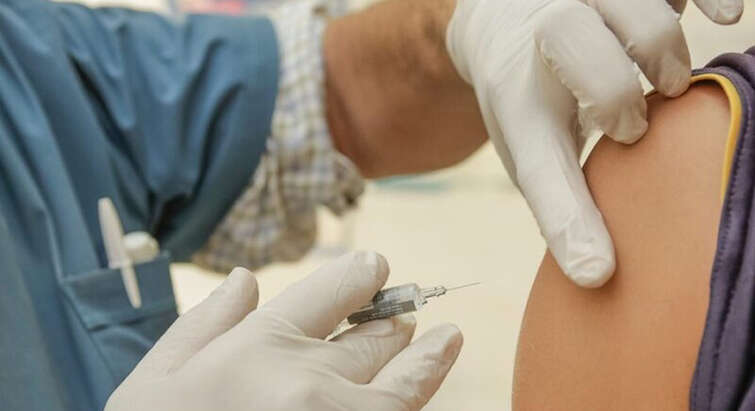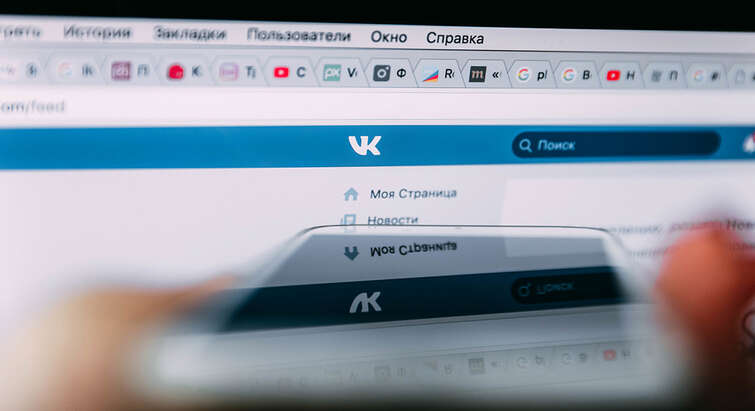
News about Politics
Viser 217 til 240 af 305 dokumenter.

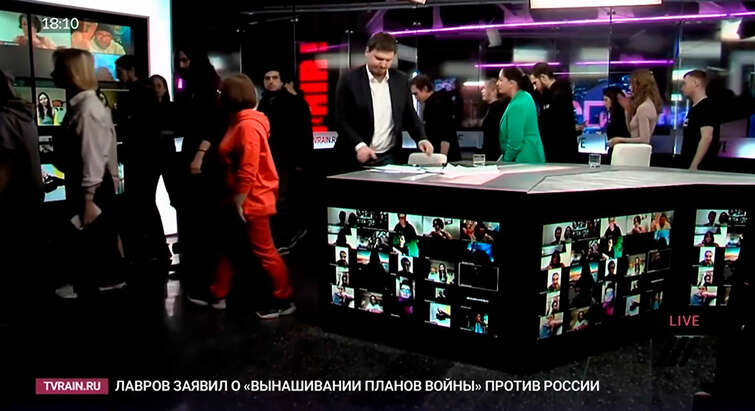
In Russia, the media picture has been turned upside down

Survey: Strong consensus among experts for higher CO2 prices
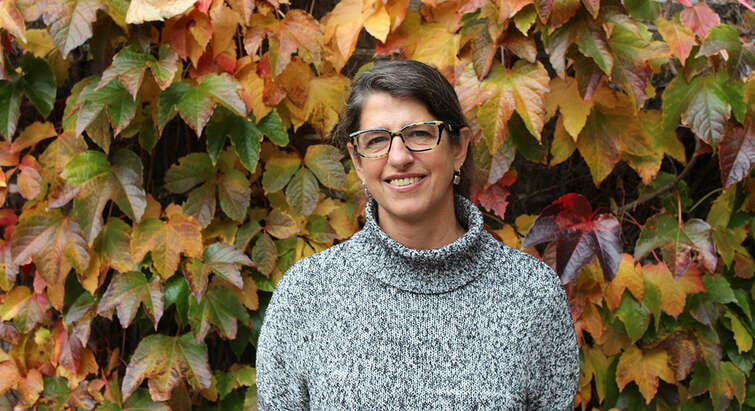
Green political scientist: Non-state actors are now driving the green transition
The invasion of Ukraine: Sanctions how do they work
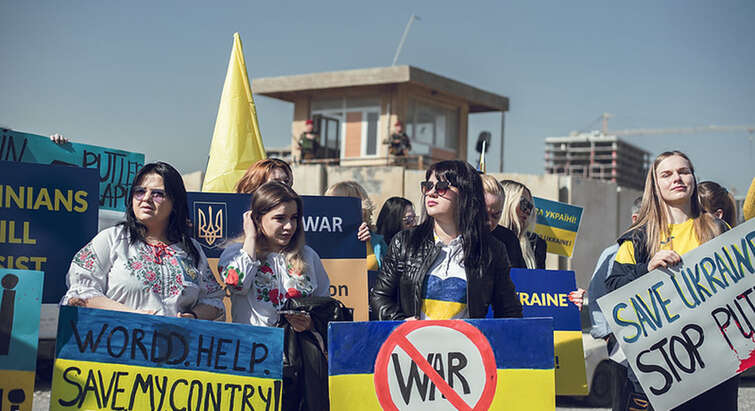
The invasion of Ukraine: Sanctions how do they work

People spreading misinformation are ridiculed rather than met with facts

290 million new city dwellers benefit China's climate balance

Impatient and risk-tolerant people more often become criminals
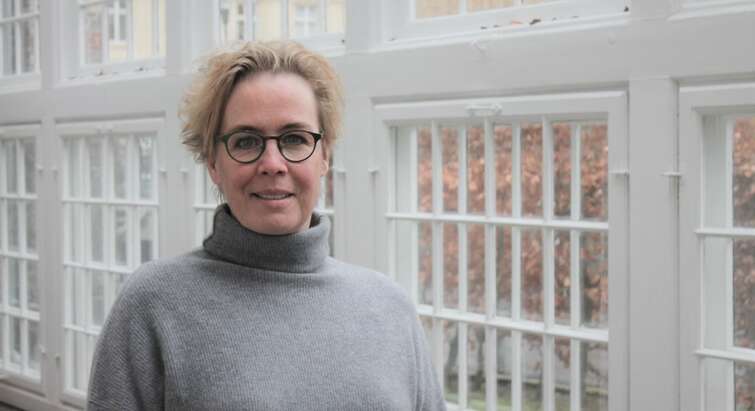
Benedikte Brincker has been appointed professor at the Department of Sociology
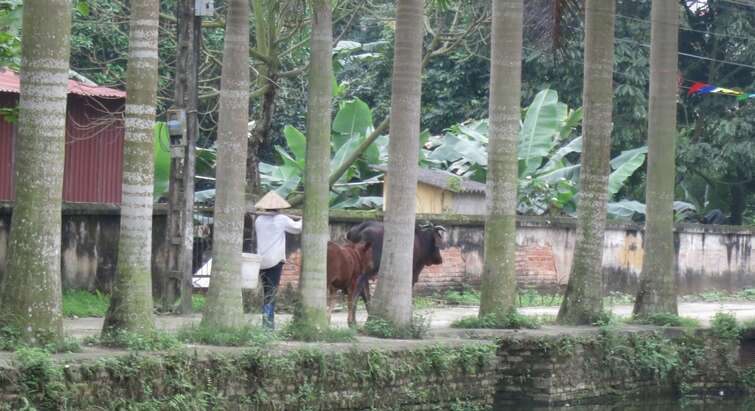
New intervention to strengthen efforts against diabetes in Vietnam
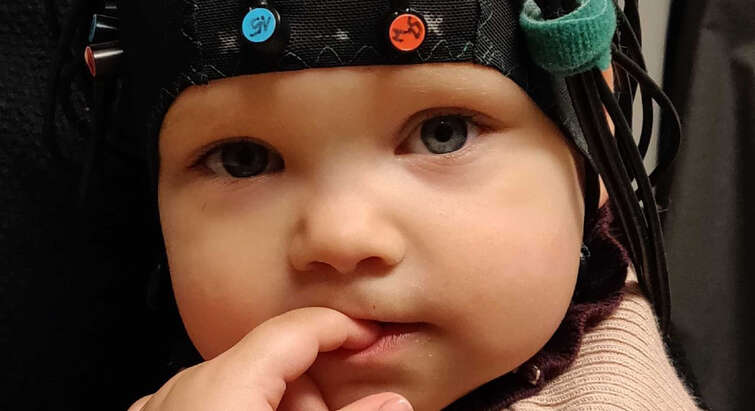
Will infants in sync with their parents develop better social skills?
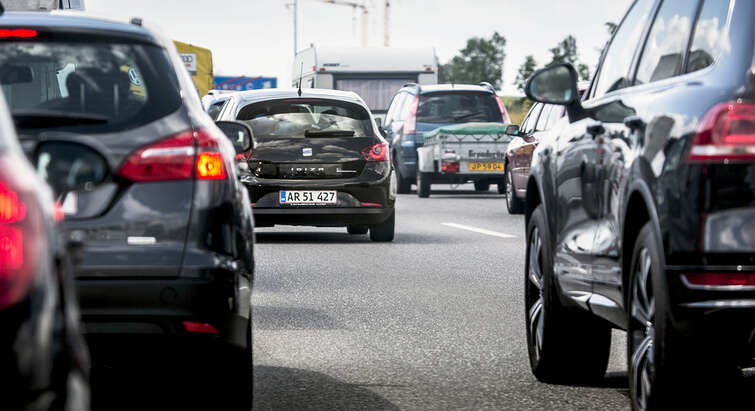
Millions for research into green transition on the roads
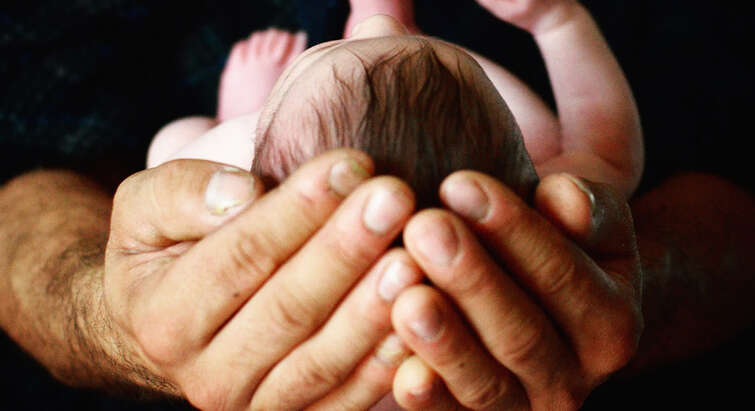
The effect of earmarked parental leave must be researched
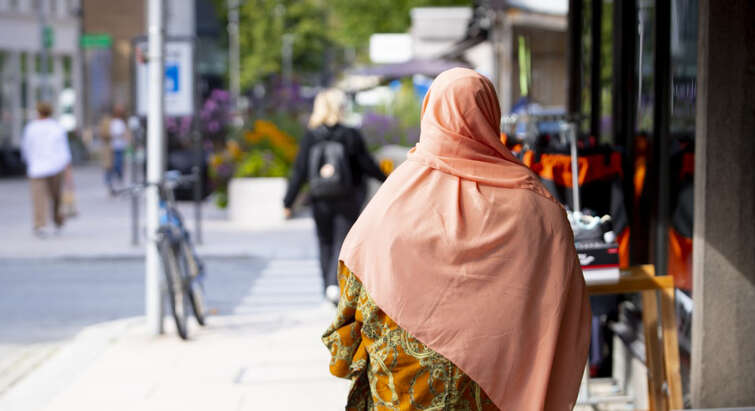
How do countries tackle cultural collisions with migrants?
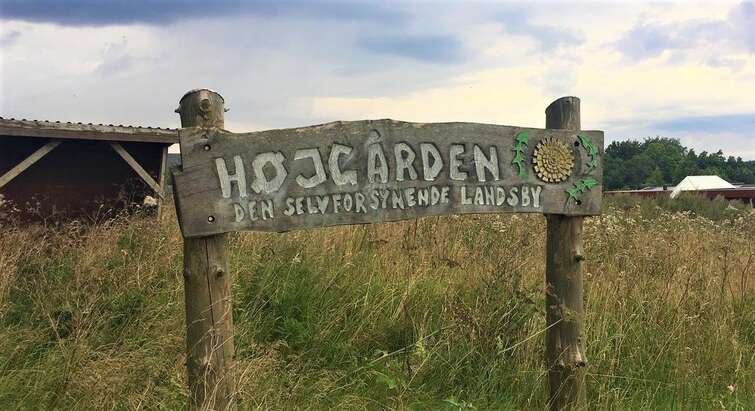
Research project will crack the code behind green neighbourhood communities
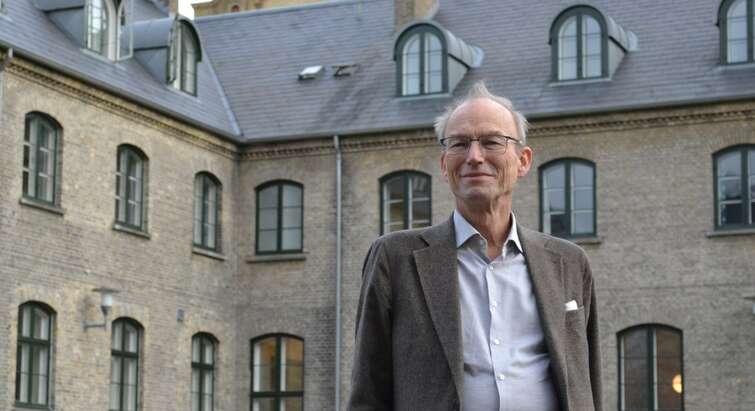
Thomas Hylland Eriksen: We are living in an overheated world
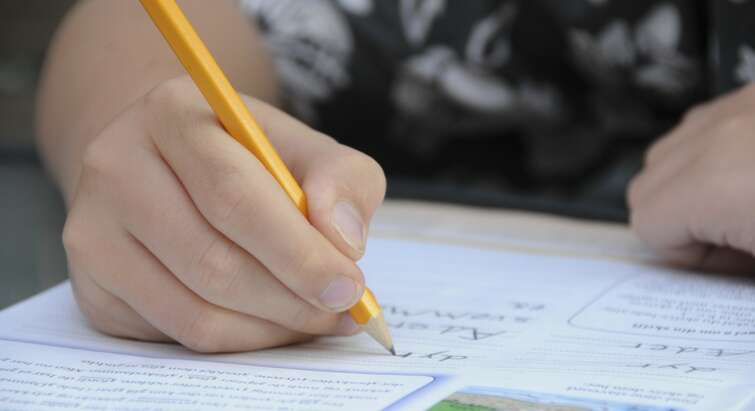
Schools managed to prevent increased learning gaps during the corona crisis
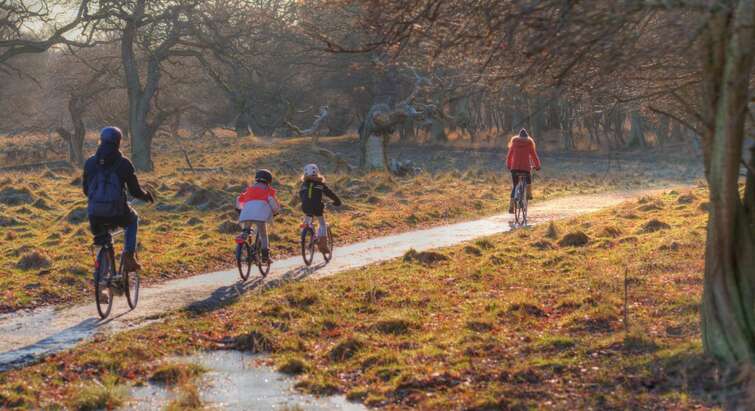
Living with chronic disease: Three questions that still need answering
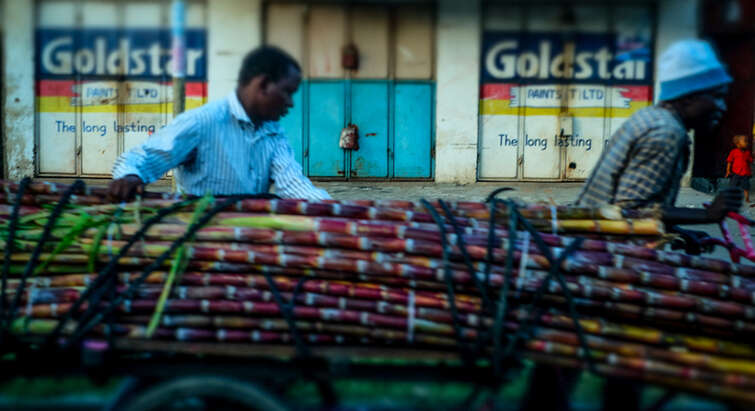
The gulf between rich and poor is increasing

The green transition starts in your municipality
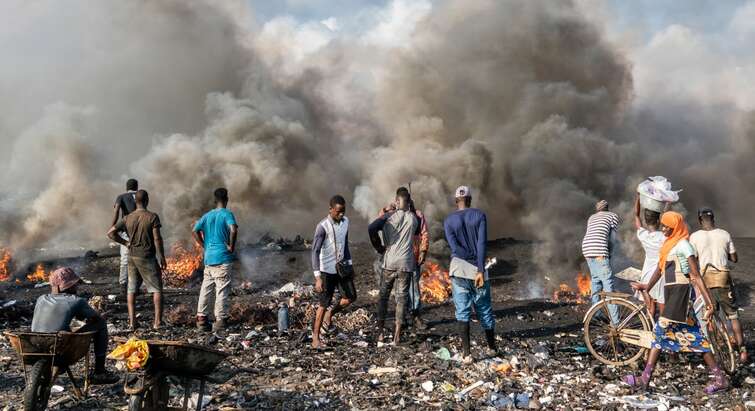
New project maps illegal mining and global environmental crime
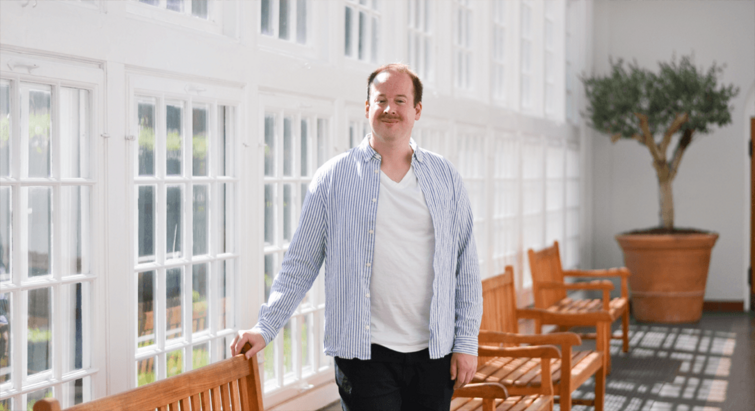
Economics of climate change: One per cent makes a world of difference
